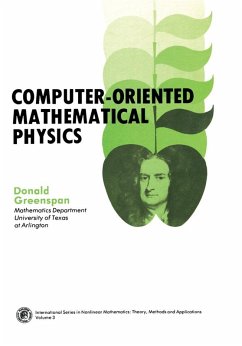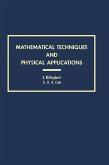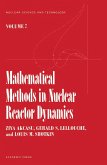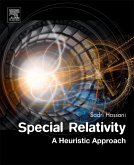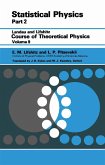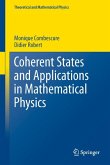This book is composed of 12 chapters, and begins with an introduction to the link between mathematics and physics. The subsequent chapters deal with the concept of gravity, the theoretical foundations f classical physics as a mathematical science, and the principles of pendulum and other oscillators. These topics are followed by discussions of waves, vectors, gravitation, the body-problem, and discrete fluid models. The final chapters examine the phenomena of spinning tops and skaters, as well as the Galilean principle of relativity.
This book is of value as an introductory textbook for math and physics university and advanced high school students.
Dieser Download kann aus rechtlichen Gründen nur mit Rechnungsadresse in A, B, BG, CY, CZ, D, DK, EW, E, FIN, F, GR, HR, H, IRL, I, LT, L, LR, M, NL, PL, P, R, S, SLO, SK ausgeliefert werden.

